With the right systems, today’s petrol retailers will dominate the EV charging market of tomorrow, says Eric Denivelle, EMEA e-mobility business director of Gilbarco Veeder-Root

Gilbarco Veeder-Root (GVR) has been a name synonymous with fuel dispensing for more than 150 years and continues to play a key role in keeping the world moving as we rapidly transition to new types of energy.
So who better to get some insight on future technology for forecourts than Eric Denivelle, the company’s EMEA e-mobility business director, appointed in January 2019 to develop the company’s strategy and e-mobility business in Europe.
He explains that while GVR continues to focus on technology for all types of fuels, it is currently accelerating its transition to e-mobility, and boosting Europe’s charging infrastructure roll-out. He claims that through a series of strategic investments and innovations in the past 18 months, GVR now has the ability to offer any fuel retailer, business or organisation a complete solution for electric vehicle charging. The company has just launched EVerse, a new software offering that provides retailers and other businesses with an end-to-end solution for hosting and managing EV charging networks, giving them the ability to create their own branded EV charging network.
This will become more relevant to retailers as the EV charging infrastructure evolves, explains Denivelle: “Lots of petrol retailers who buy fuel today will be buying electricity tomorrow and marketing it to their customers.
“Currently there are three main businesses that are selling electricity to motorists. The first category is car makers. Tesla, VW and other brands are rolling out EV chargers – with one purpose, to sell more electric cars. If you buy a new electric car you get a deal on electricity. The manufacturers are doing it to encourage transition to EVs and avoid the enormous fines they would have to pay if they don’t reduce emissions. We at GVR do not believe those car makers will continue to invest in an EV charging infrastructure. Once it is established, they will sell it off and stop doing it themselves because it is a large investment and the return is not that good.
“The second type of company investing in EV charging is utilities. The only reason they are doing that today is to make sure they have a piece of the pie, so that if they have a network, as a utility, they are assured of supplying their electricity to that network. We believe it’s not their long-term strategy to put money in that.
“Then we are left with the third type of business, which is the petroleum retailer. That is exactly their business – to retail energy and manage a network of devices that retail that energy. They are the specialists and have been doing that for 150 years.
“That’s why we believe forecourt operators who have all the expertise of running a network will be the ones to do it.
“The only difference is it is not just going to be on petrol stations. It will be on public parking lots, cinemas, supermarkets – it’s being done already. But it will be the petrol retailers of today doing that tomorrow.
“When there is a big parking business that doesn’t want to invest in it, petrol retailers will invest – it will become more common.
“It’s all about having a sufficient number of plugs that you manage – the more you have, the less the operational costs per plug.”
He envisages retailers seeking out electricity suppliers and doing deals, with prices on the poll sign, in the same way they deal with fuel today. He advises retailers to invest in a charging solution that can be vertically and horizontally upgraded over time – launches are expected next year. In the meantime, he advises getting prepared in terms of grid connections, permits and design, as it can be a long process.
But with only 30% of the car parc set to be electric within the next 10 years, there will still be plenty of ICE vehicles and a need for dispensing petrol, says Denivelle. “Forecourts will start to have one lane for petrol and one lane for EV charging.”
GVR timeline
Since 1865: Gilbarco Veeder-Root has been a leading manufacturer of fuelling and convenience store equipment and technology for more than 150 years.
2018: GVR made a minority investment in Tritium, to help it accelerate the development of its global electric vehicle infrastructure and to launch its e-mobility business.
2020: GVR operates as a subsidiary of Vontier, along with its sister companies, Global Traffic Technologies, and Teletrac Navmann.
Prior to being part of Vontier, GVR was part of Fortive.
2021: Launch of EVerse, a new software offering that provides retailers with an end-to-end solution for hosting and managing EV charging networks.





















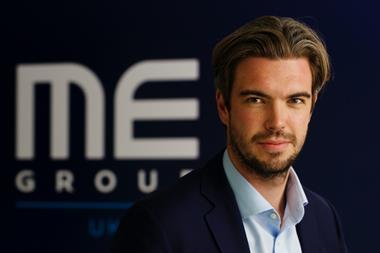
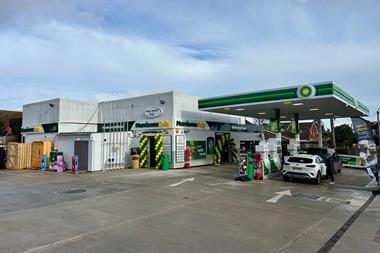
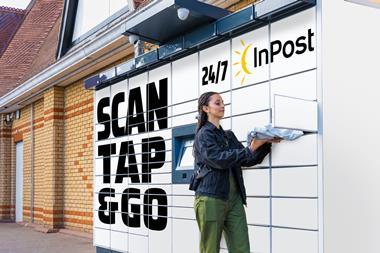
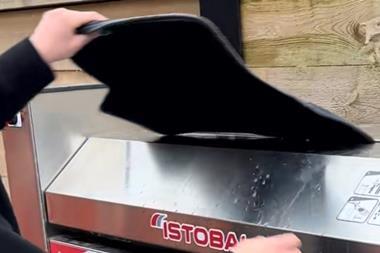
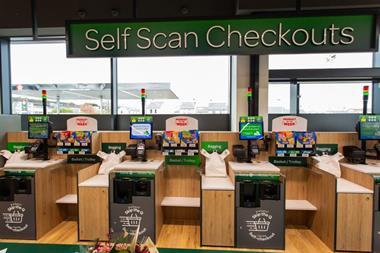
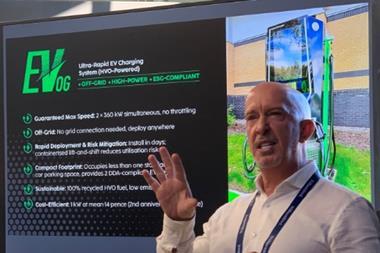


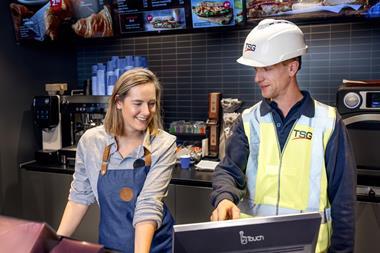
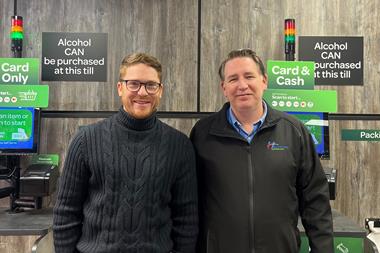
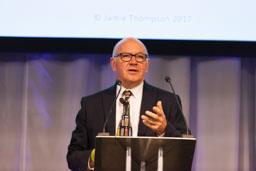

1 Readers' comment